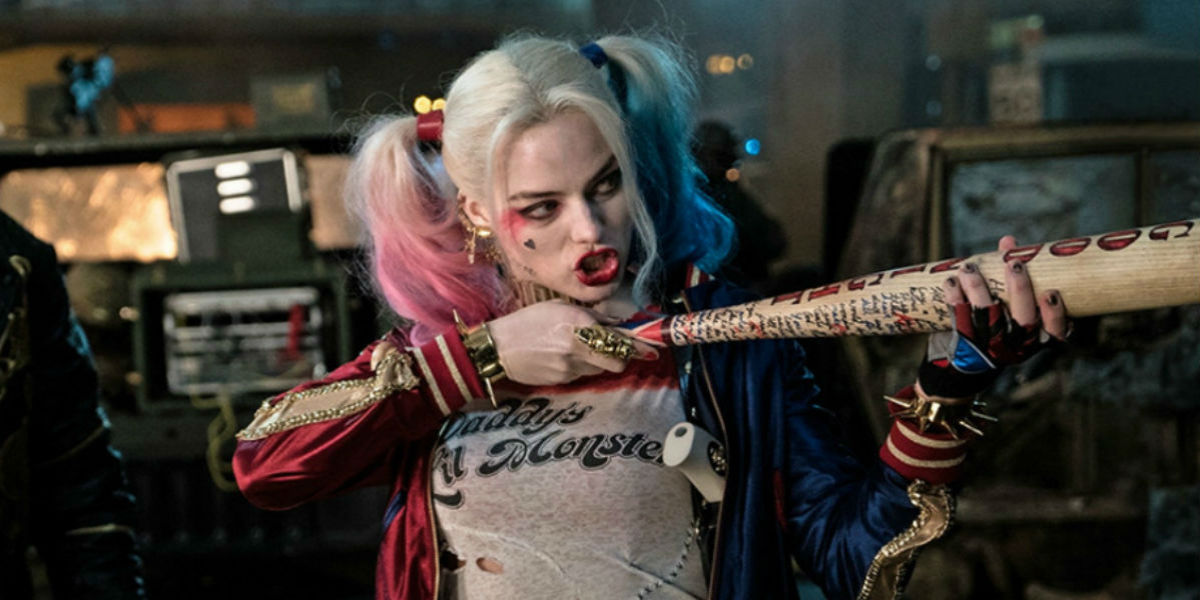Damn it, DC, you’re doing it again.
Hot (or lukewarm) off the critical failures of Batman V Superman and Suicide Squad, Warner Brothers recently announced the DC Extended Universe’s (DCEU) next ensemble film: Gotham City Sirens.
Based off the comic book series of the same name, GCS will feature Margot Robbie’s Harley Quinn along with Poison Ivy and Catwoman. Because when DC releases a bad movie like Suicide Squad, they have to find the only good thing about the film and milk the hell out of it.
Damn it, DC. God…. Damn it.
My own reservations about the quality of the movie aside (David Ayer again? Really??), the announcement of GCS reeks heavily of studio desperation and, more importantly, a misguided form of feminism.
Struggling to keep up
Film is a reactionary medium. It responds to existing social issues, whilst seldom raising issues of its own, with the exception of avant-garde cinema.
One of the issues that Hollywood has grappled with reacting to for many years is, of course, feminism. From Erin Brokovich to Nikita, the head honchos at Tinseltown have had a… should I say… varied history with the discussion of feminism.
GCS, unfortunately, seems like it’s about to fall squarely on the not-so-favourable side of the feminist equation.
Am I being unfair by judging a movie that’s not even out yet? Probably. But based on what we do know about the film, and Hollywood’s tendency towards handling female characters in a less than measured manner, I’d say my concerns are more than warranted.
Girl Power?
GCS tells the story of Harley Quinn, Poison Ivy, and Catwoman – the three most prominent female characters in Batman’s Rogues’ Gallery – teaming up to take the world of crime by storm and carve out for themselves a big piece of the male-dominated pie that is Gotham’s criminal underworld.
Sounds interesting, right? Well, Suicide Squad sounded interesting too, and look how that turned out.
While many will draw the parallel between GCS’s premise and the real-world struggles of women trying to break the glass ceiling in the workplace and earn respect in male-dominated fields, one can’t help but ask, should we really be portraying these women as criminals? Sure, you could view it as a loose representation, but expecting audiences to look beneath the surface of a campy, colourful blockbuster and consider it on a deeper level might be a tall order.
Will we see a trio of hardworking girls legitimately working hard to succeed in the workplace, or will we see three psychotic criminals cracking heads with baseball bats, because, you know, that’s what they are?
Hollywood has often had a problem portraying female characters in a nuanced manner. Want to show that she’s a badass? Make her a femme fatale. Want to show that she’s independent? Make her either androgynous or overtly sexual. Want to make a film about female empowerment? Let’s have not one, but three female leads! It’s certainly not difficult to see how a film centred on the crazy girl with short shorts in Suicide Squad and the two most sexualized characters in DC’s roster would devolve into more of the same hyper-sexualized schtick.
Where female characters aren’t uncharacteristically fixated on romance (Peeta?? Where’s Peeta??), they’re annoying misandrists hitting us over the head with their overt anti-establishment “I don’t need no man” rhetoric. We get it, you’re independent and you think all men are pigs. We heard you the first one hundred times.
Furthermore, as popular as Harley Quinn is, she is probably the last character anyone should consider as a symbol for feminism. Many of those who find her relationship with the Joker “cute” are forgetting the fact that she is basically his slave, and that he tortured her to the point of insanity, turning her into a walking case study for Stockholm Syndrome. The whole Harley-Joker relationship is actually really messed up, and definitely not a positive model of how to deal with an abusive relationship.
Doing it right
For all the problems Hollywood has had with female characters, they occasionally get it just right, and I’d be remiss to not give them credit.
One example of an amazingly portrayed female character in recent memory is Charlize Theron’s Furiosa from the excellent Mad Max: Fury Road, who shows us all exactly how to do the strong female protagonist right.
Furiosa is a woman who doesn’t have to say anything about how badass she is, because her actions speak for themselves. She doesn’t tell anyone what a great shot she is, she just grabs a rifle and shoots out a headlight from half a kilometre away. She doesn’t whine about injustice, she fights for what’s right and gets sh*t done. She doesn’t try to overshadow Tom Hardy’s Max, she rides alongside him as an equal and ends up stealing the show anyway. Furiosa exudes a quiet confidence that is humble and understated, but so much more impactful as a result.
Benefit of doubt?
Is Hollywood going about gender discourse completely wrong? While a large number of female movie characters fall under the sexist caricatures that studio executives think will pander to the feminist crowd, a select few actually walk the line perfectly to give us true role models that inspire and command respect for the feminist movement.
Will Gotham City Sirens give us the rare nuance and respect female characters in Hollywood so desperately need, or will it give us more of the same vapid uninspired nonsense as its predecessor? I have my doubts, but only time will tell.
